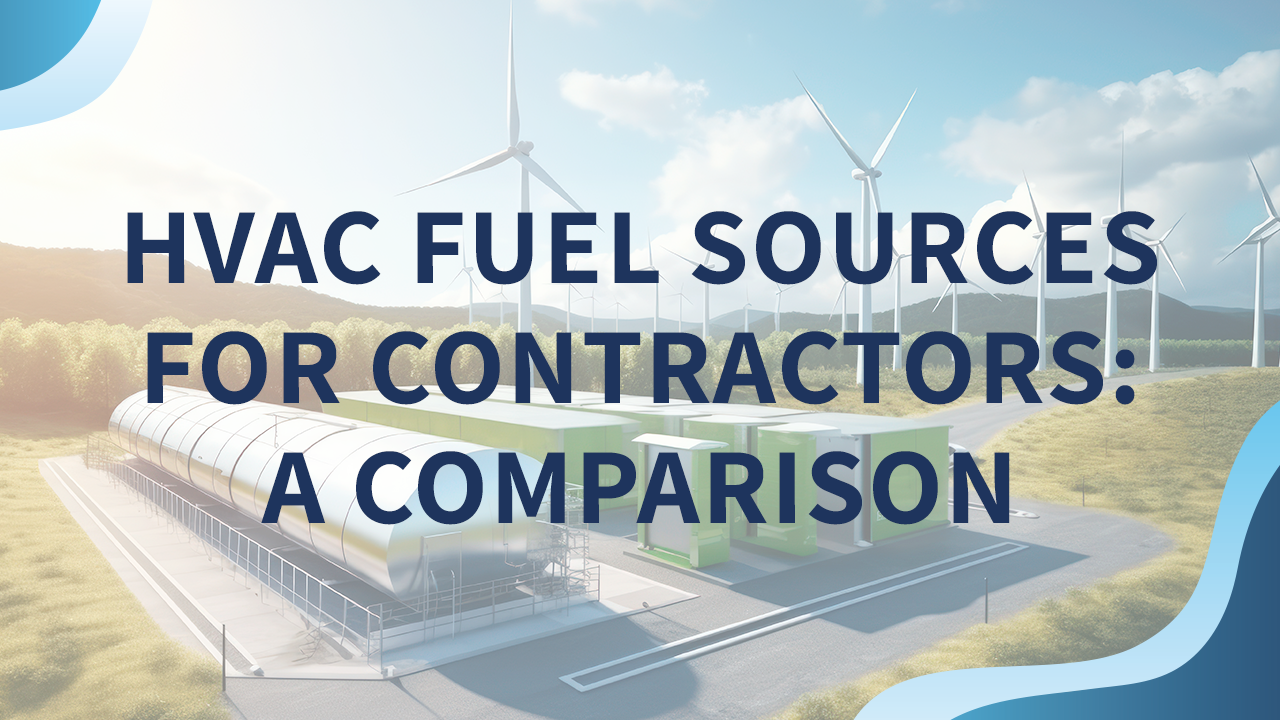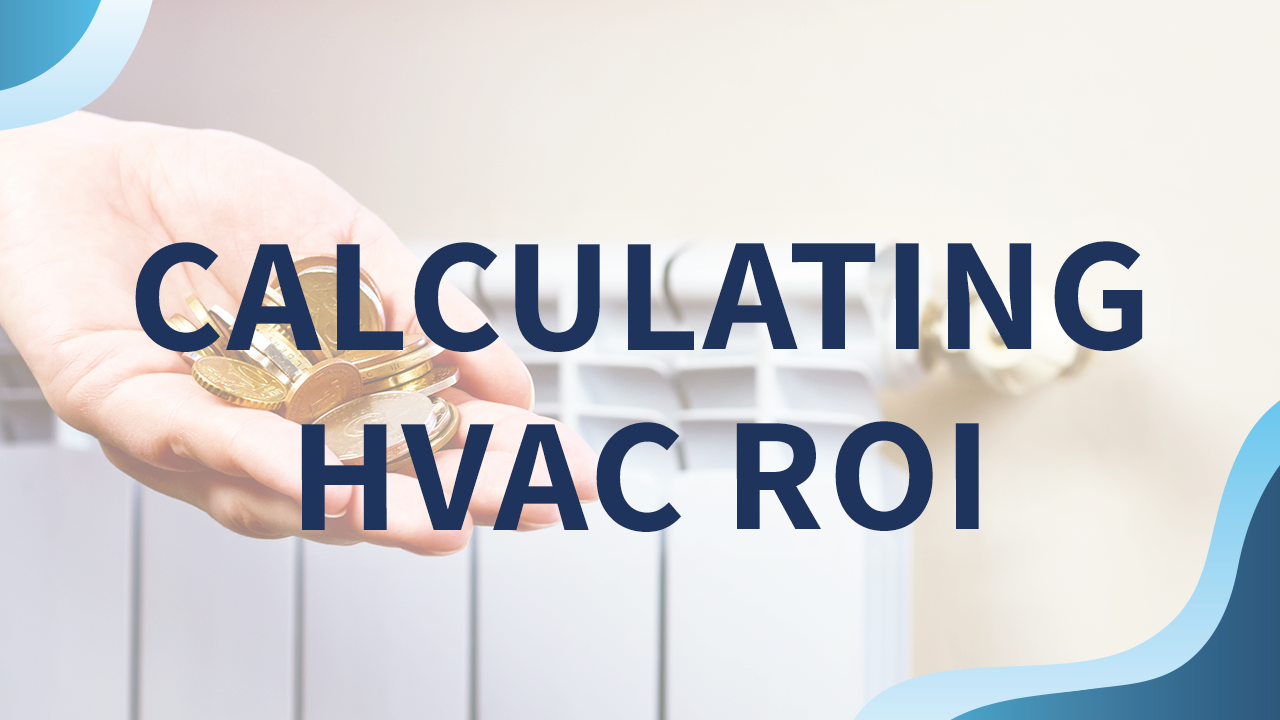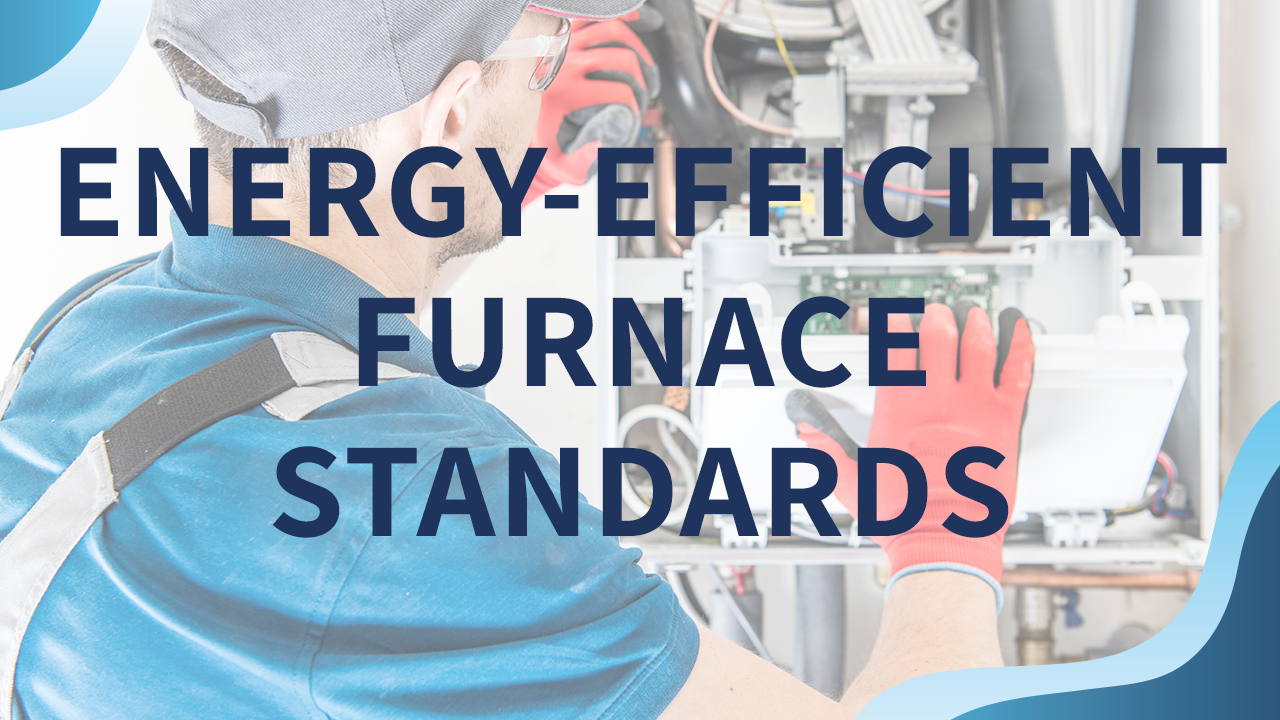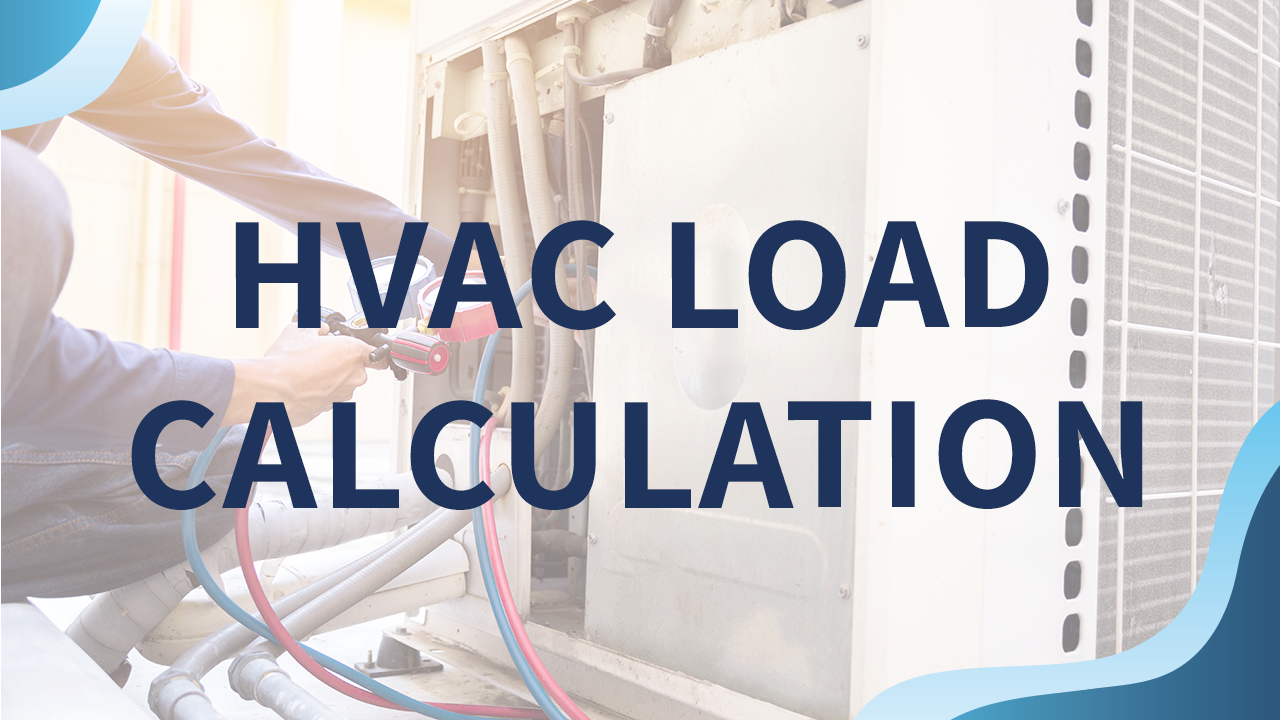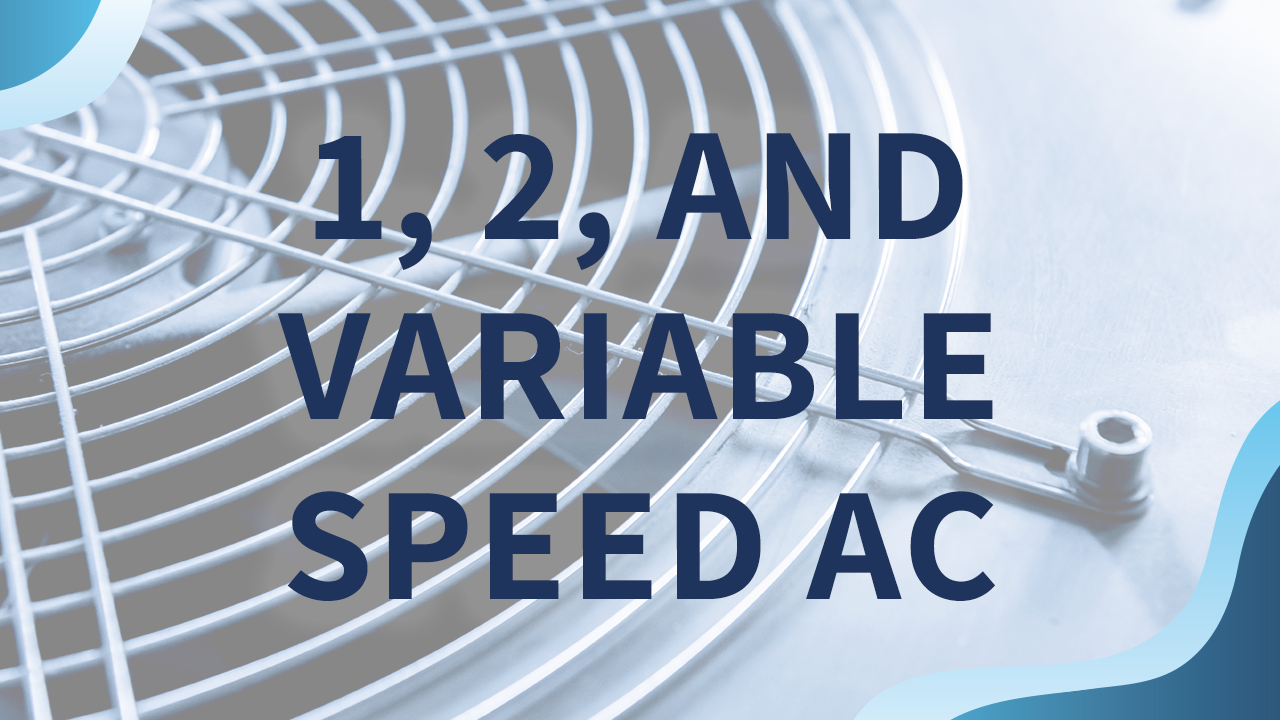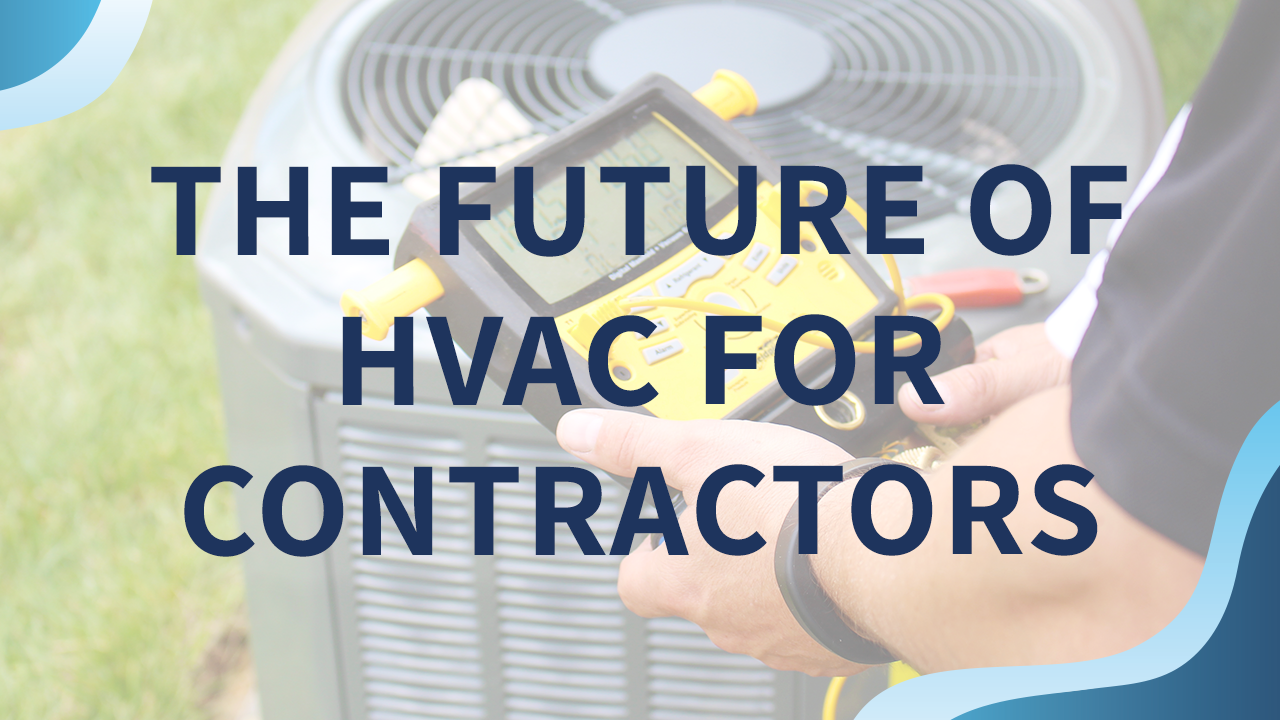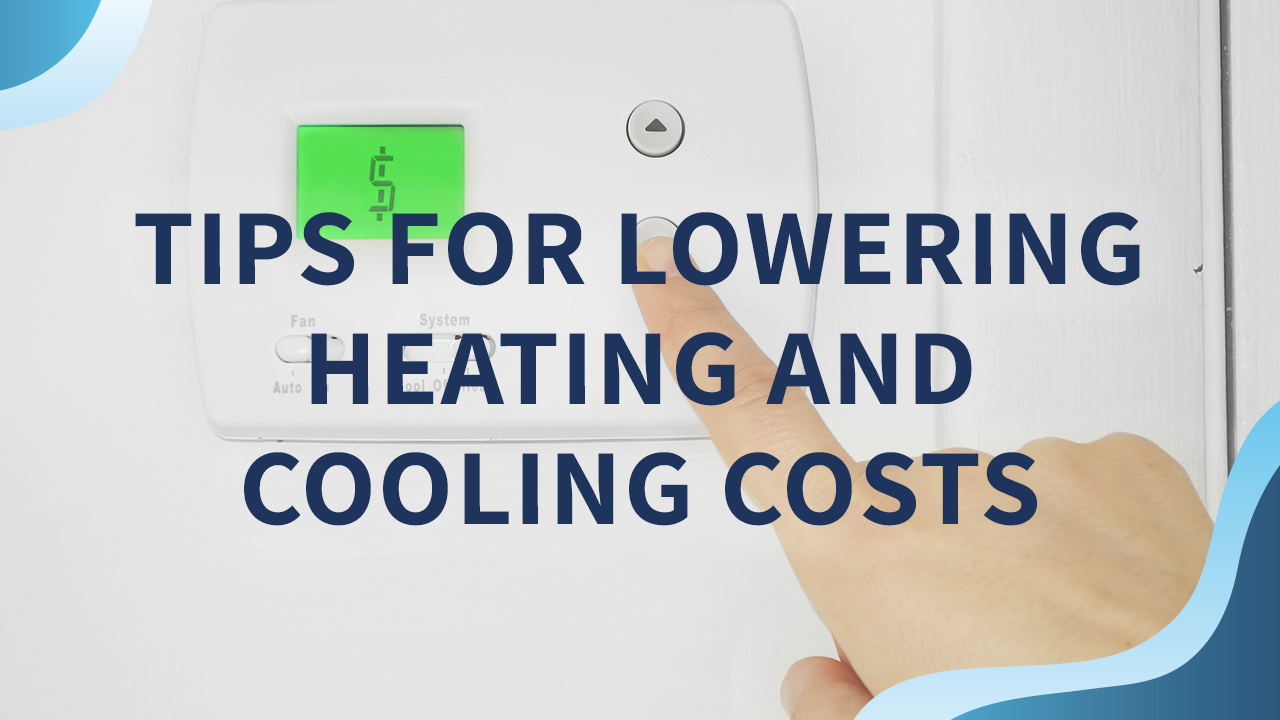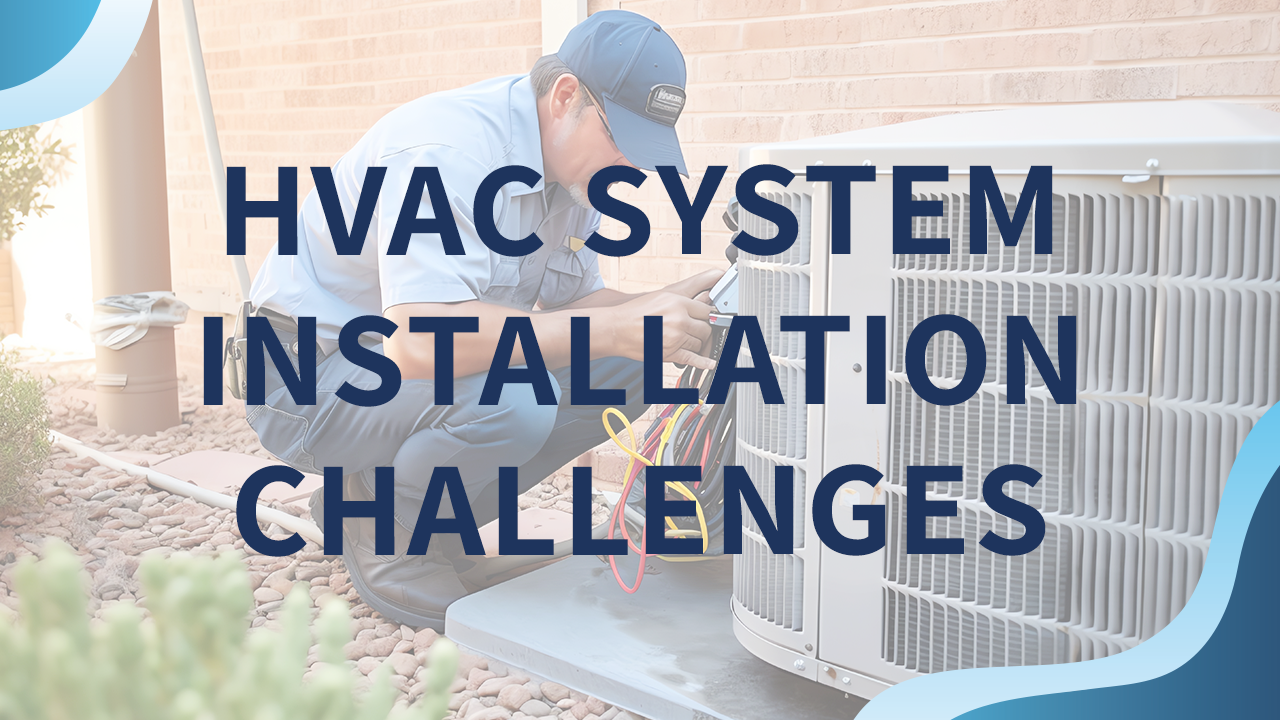As an HVAC contractor, one of your most important duties is selecting the right HVAC fuel source for your clients’ heating systems. Fuel choice can impact efficiency, operating costs, environmental considerations, and customer satisfaction. In this article, we’ll compare various heating system fuel sources—gas, electric, oil, and renewable energy options—to help you make informed decisions tailored to your clients’ needs.
Gas
Gas heating systems offer exceptional efficiency, delivering much-needed warmth to indoor spaces, particularly advantageous in regions with colder climates. Maintaining comfortable temperatures ensures your clients’ living and working environments remain cozy and conducive throughout winter.
Its cost-effectiveness sets gas apart, granting your clients the enticing prospect of minimized heating expenses. The extra financial boost can impact their overall budget, allowing them to allocate resources to other essential areas. In addition to the economic benefits, the relatively clean emissions produced by gas combustion represent a significant advantage. By opting for gas heating systems, your clients actively promote a healthier indoor environment for occupants and a more eco-friendly approach to heating.
However, while their cleaner-burning attributes differentiate them from other alternatives, it’s necessary to acknowledge that despite its advantages, gas remains a fossil fuel. This prompts the need for careful assessment and mitigation of its environmental impact, particularly concerning carbon emissions. By focusing on the broader ecological implications, you can ensure your clients make informed decisions aligned with their sustainability goals.
Electric
Electric heating systems present a paradigm shift in heating, offering potential when harnessed with clean HVAC energy sources like solar or wind. Its allure lies in its capacity to provide a sustainable solution, contributing to reduced carbon footprints and a greener future.
The safety advantages of electric heating are noteworthy. Unlike conventional combustion-based systems, electric heating sidesteps the risks of burning traditional fuels. Carbon monoxide and other hazards are obsolete, and ensuring the health and safety of occupants remains a top priority.
Furthermore, the low-maintenance nature of electric heating systems cultivates an environment of convenience for your clients. These systems demand minimal upkeep, translating into valuable time and resource savings for homeowners and businesses. By minimizing the need for frequent inspections and repairs, electric heating fosters a hassle-free experience.
On the other hand, the cost of electricity can vary across different regions and influence a client’s bottom line. This financial variability needs planning since the operating expenses of an electric heating system can change depending on the local cost of electricity. Understanding these potential fluctuations helps you provide clients with accurate cost projections that inform their decision-making.
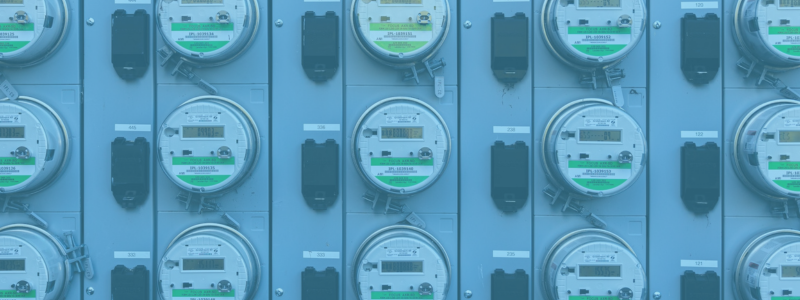

Oil
The reliability of oil heating systems remains a cornerstone of their appeal, ensuring consistent heat output that guarantees optimal comfort. You’ll notice this quality shine in regions with limited access to gas infrastructure, positioning oil heating as a dependable solution for consistent warmth. Efficiency is another factor propelling oil heating into the limelight; a well-maintained system operates efficiently and offers cost-effectiveness over time.
Plus, on-site storage adds an extra layer of convenience and autonomy. By allowing clients to store heating oil directly on their premises, this setup creates a sense of energy independence, alleviating concerns about potential disruptions in the external energy supply.
Oil heating systems boast multiple advantages, but customers should consider the environmental impact these systems hold. Their emissions release more pollutants and greenhouse gases than cleaner alternatives like gas or electric heating. It might be a turnoff for those conscious about their carbon footprint. Also, while on-site storage tanks are convenient, their optimal functioning demands regular maintenance. A maintenance commitment like this, coupled with the physical footprint of these storage units, should be acknowledged by clients when weighing their HVAC fuel source options.
Renewable Energy
Renewable energy sources, such as solar and geothermal systems, offer sustainability, making them pivotal when searching for environmentally responsible heating solutions. These sources substantially reduce your clients’ carbon footprint by harnessing the sun’s power or the Earth’s stable temperatures.
A massive benefit of renewable energy systems is the long-term savings. While the initial installation costs might present a hurdle, the economic benefits become evident over time through significantly reduced energy bills. Moreover, the stability of renewable energy prices sets them apart from fossil fuels.
Unlike the volatile nature of conventional energy sources, the costs associated with renewable energy systems remain stable. Using energy price stability, customers will better grasp their finances since the uncertainty often accompanies energy price fluctuations is eliminated.
Help Clients Choose the Right HVAC Fuel Source
As an experienced HVAC contractor, your guidance through deciding HVC fuel source options becomes instrumental in steering your clients toward a future-oriented choice resonating with their values, financial aspirations, and environmental goals. Your expertise empowers them to choose energy solutions that ensure efficient and sustainable heating while contributing positively to the broader health of the planet.
